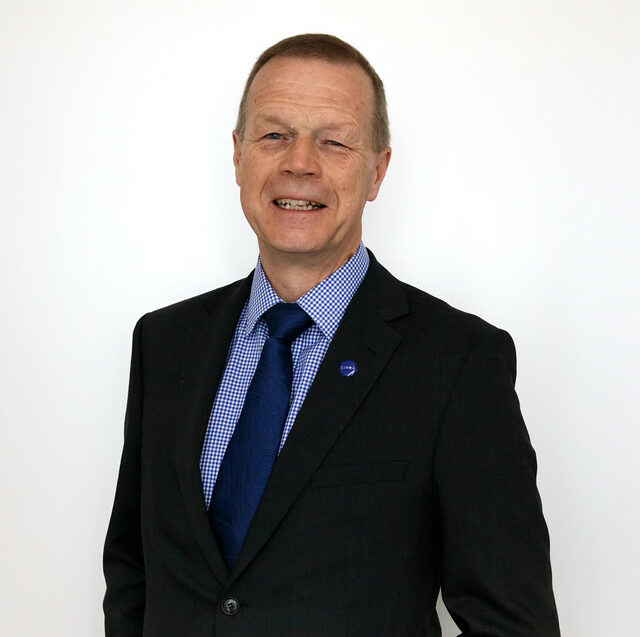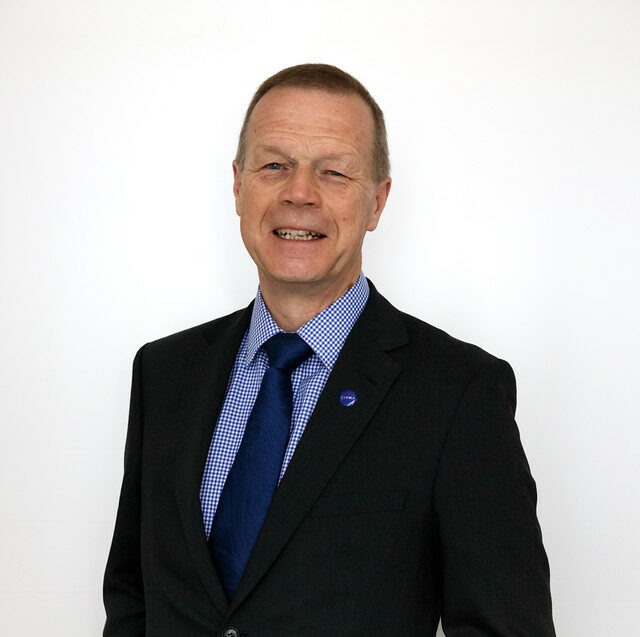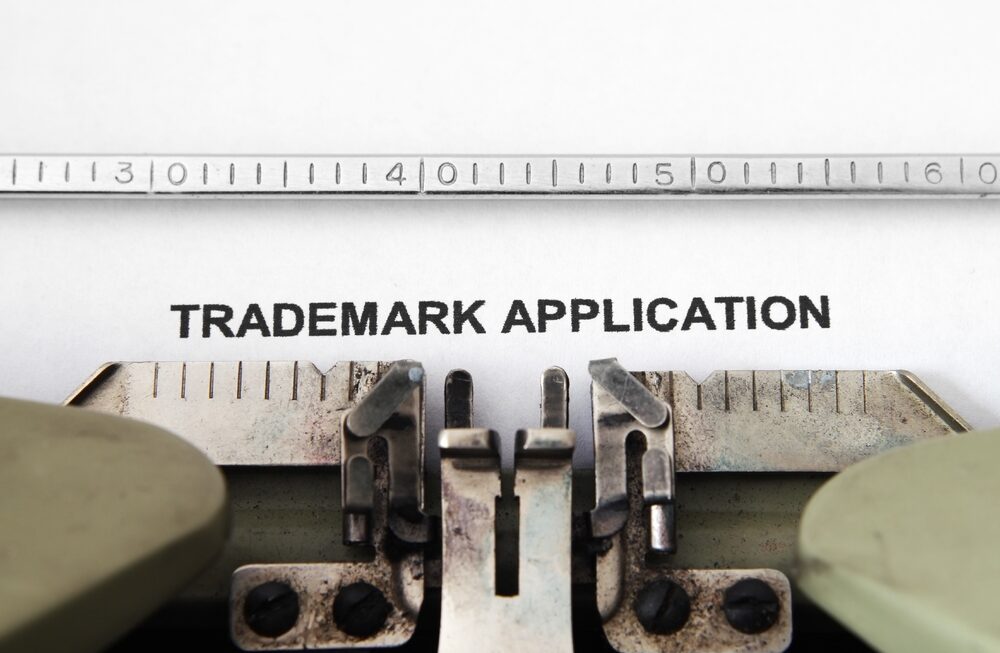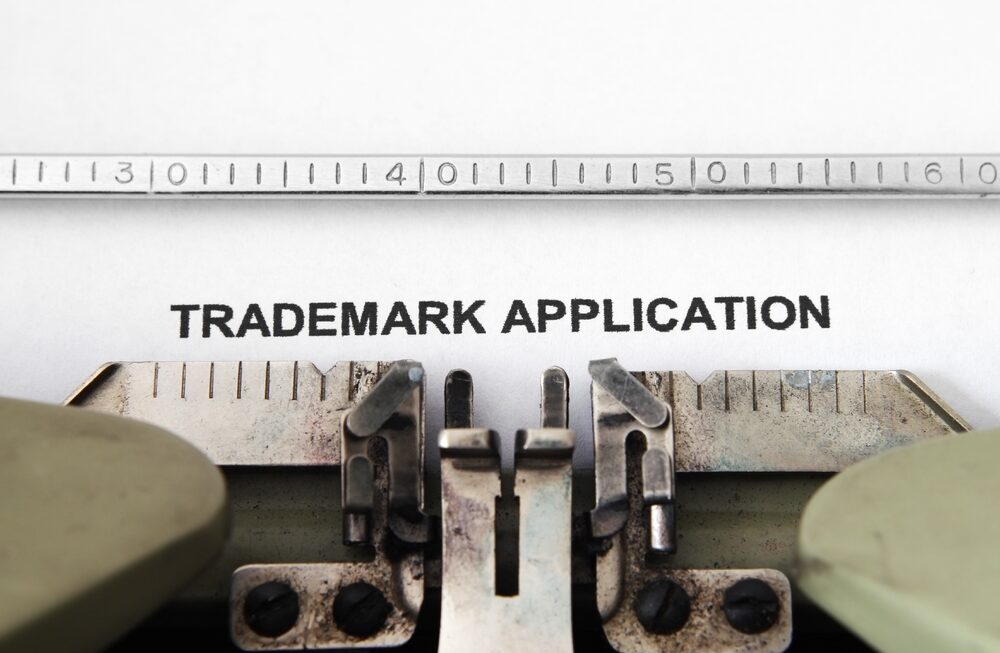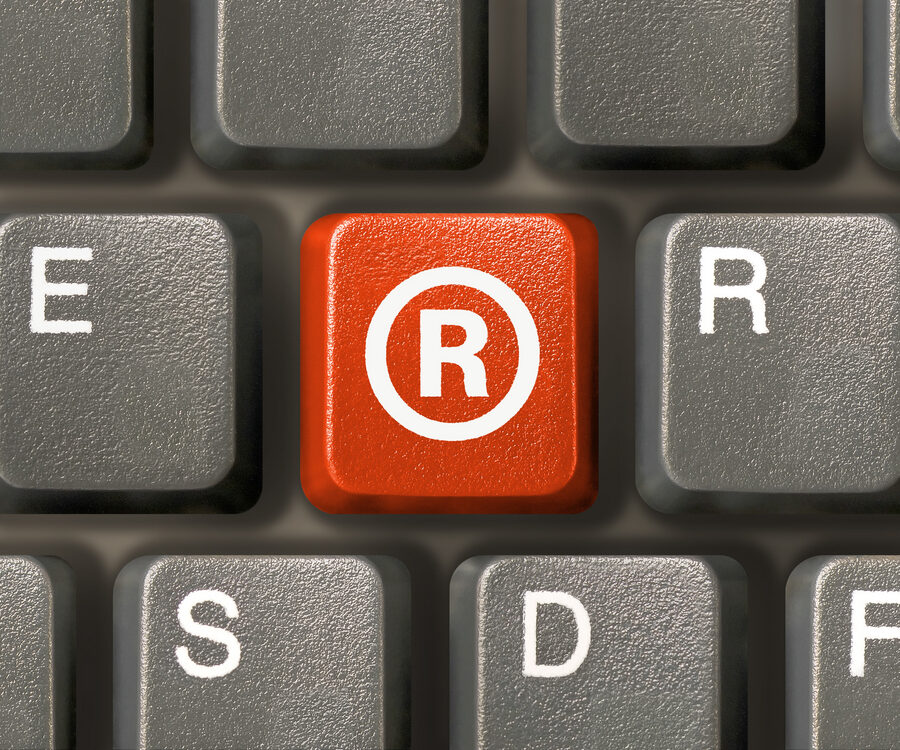
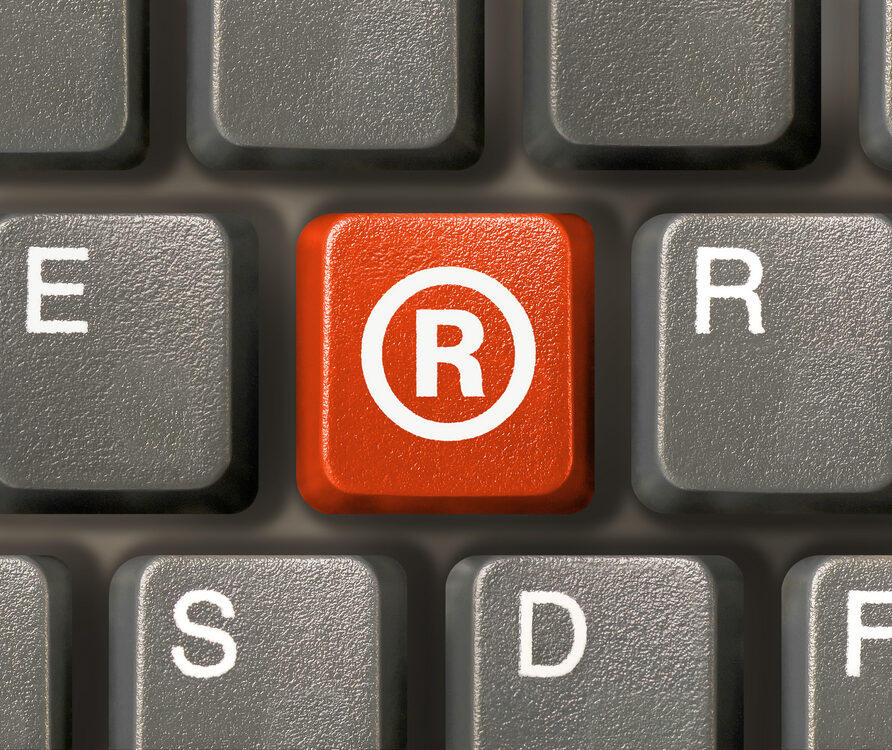
Trade Mark Registration and Application Process
To obtain a registered trade mark, an application must be prepared and filed. Once filed, the Trade Mark Registry will allocate a filing date and number to the application.
The application is then examined by the Trade Marks Registry to ensure the application meets the legal requirements in the appropriate country, in particular that the trade mark has distinctive character. If the Registry has any objections, they will raise them at this stage.
Once an application has been accepted by the Registry, it will be advertised in the Trade Marks Journal to give third parties with earlier rights that are the same or similar to the application an opportunity to oppose the application. Oppositions may be filed from the date of advertisement of an application. It is also possible for third parties to make observations to the Registrar as to why a mark should not be registered, without engaging in a formal opposition.
If no oppositions are filed or if any oppositions filed are successfully overcome, the trade mark application will proceed to registration.
The registration will last for a period of 10 years and this can be renewed every 10 years for as long as the trade mark registration is required.
We have an excellent working relationship with Bailey Walsh

Director
Director , UK healthcare company
As is often the case, we need a lot of hand-holding through the legal processes, which Bailey Walsh are more than happy to do.

Director
Director , Toy design and innovation specialists
Investors have complimented the strength of the patent work

Director
Director , Healthcare startup
Meet Our Trade Mark Experts
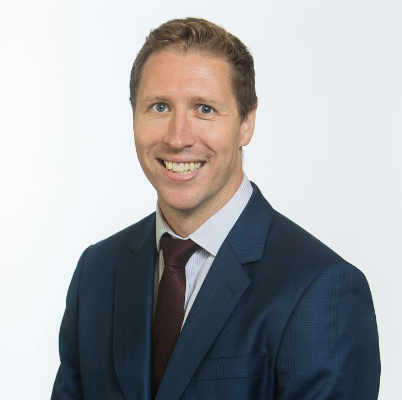
David is a fully qualified UK and European Patent Attorney, as well as a fully qualified UK Trade Mark Attorney and Patent Attorney Litigator. He is a fellow of The Chartered Institute of Patent Attorneys, a Member of The Chartered Institute of Trade Mark Attorneys and is a registered representative at the European Patent Office and the Unified Patents Court.
David entered the profession in 2009, joined Bailey Walsh & Co LLP in early 2012, and became a partner of the firm in January 2020. David holds an MChem (Hons.) degree in Chemistry from Durham University where he gained a very good understanding of all areas of Chemistry. Prior to entering the IP profession, David gained industrial experience in the pharmaceuticals sector working for one of the world’s leading drug development companies. While studying at university, David also gained further academic experience in particle science and engineering working each summer with PhD groups in the engineering department of Leeds University.
David’s patent work covers a broad range of technologies, with a focus predominantly on mechanical and engineering patent matters, drafting patent applications and prosecuting them through to grant, advising and aiding clients with their international filing strategies, and representing clients in opposition and appeal proceedings at the European Patent Office. David’s trade mark qualifications complement his patent work and enable him to provide “full picture” advice to his clients.


David Corbyn
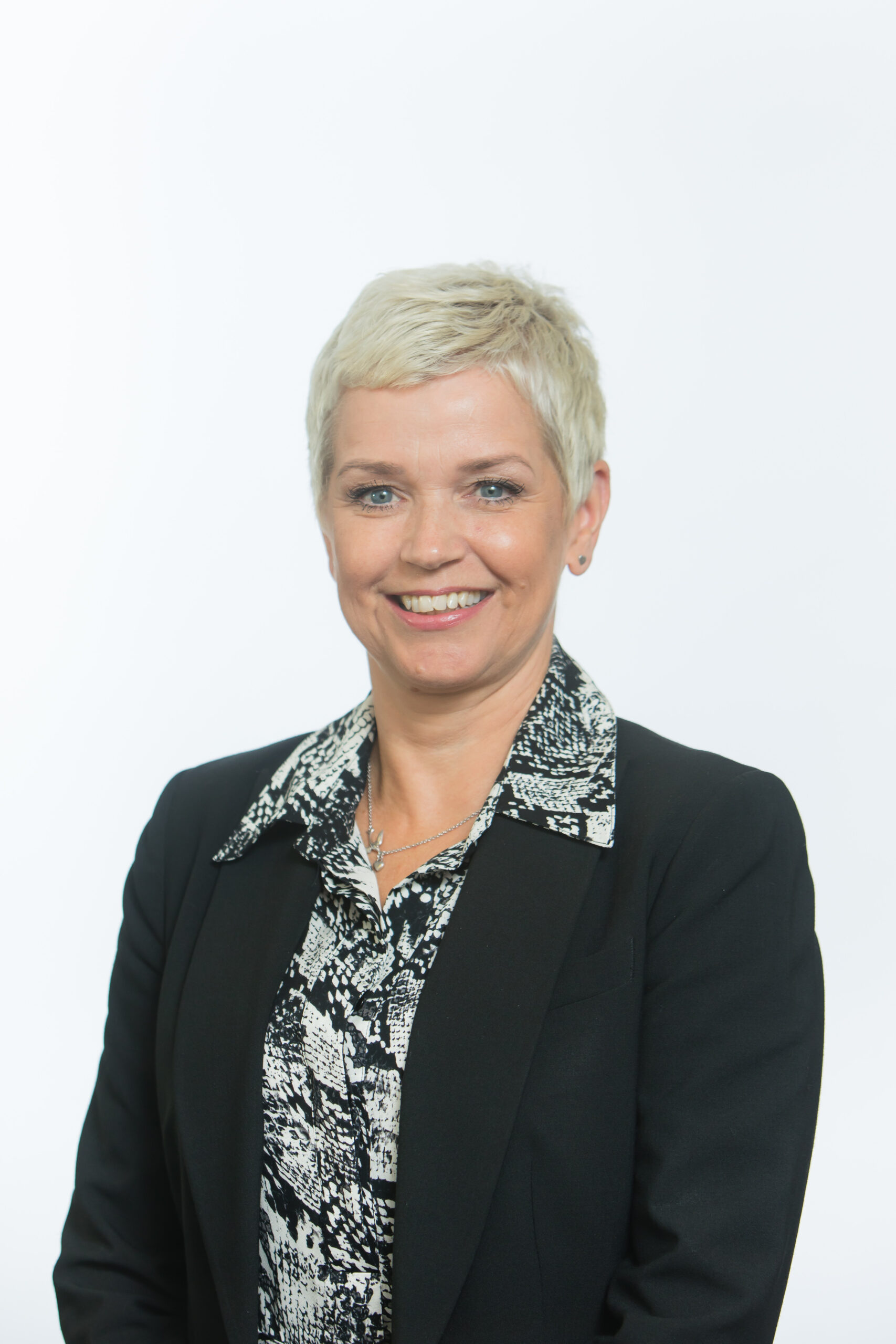
Michelle is a fully qualified UK and European Trade Mark Attorney, as well as a fully qualified Trade Mark Formalities Officer. She is also a Member of The Chartered Institute of Trade Mark Attorneys.
Michelle has worked for Bailey Walsh & Co LLP for over 34 years and has gained extensive experience in the filing and prosecution of trade marks, and the management and prosecution of trade marks in UK, Europe, China, USA the Middle East and Far East. Michelle has in depth knowledge of trade mark filing strategies around the world. She is also responsible for the management of the trade mark portfolios for some of our largest clients. Michelle has expertise in the filing of defensive trade mark registrations in China to provide greater protection and strength in dealing with Customs Officials and the exporting of goods from China.
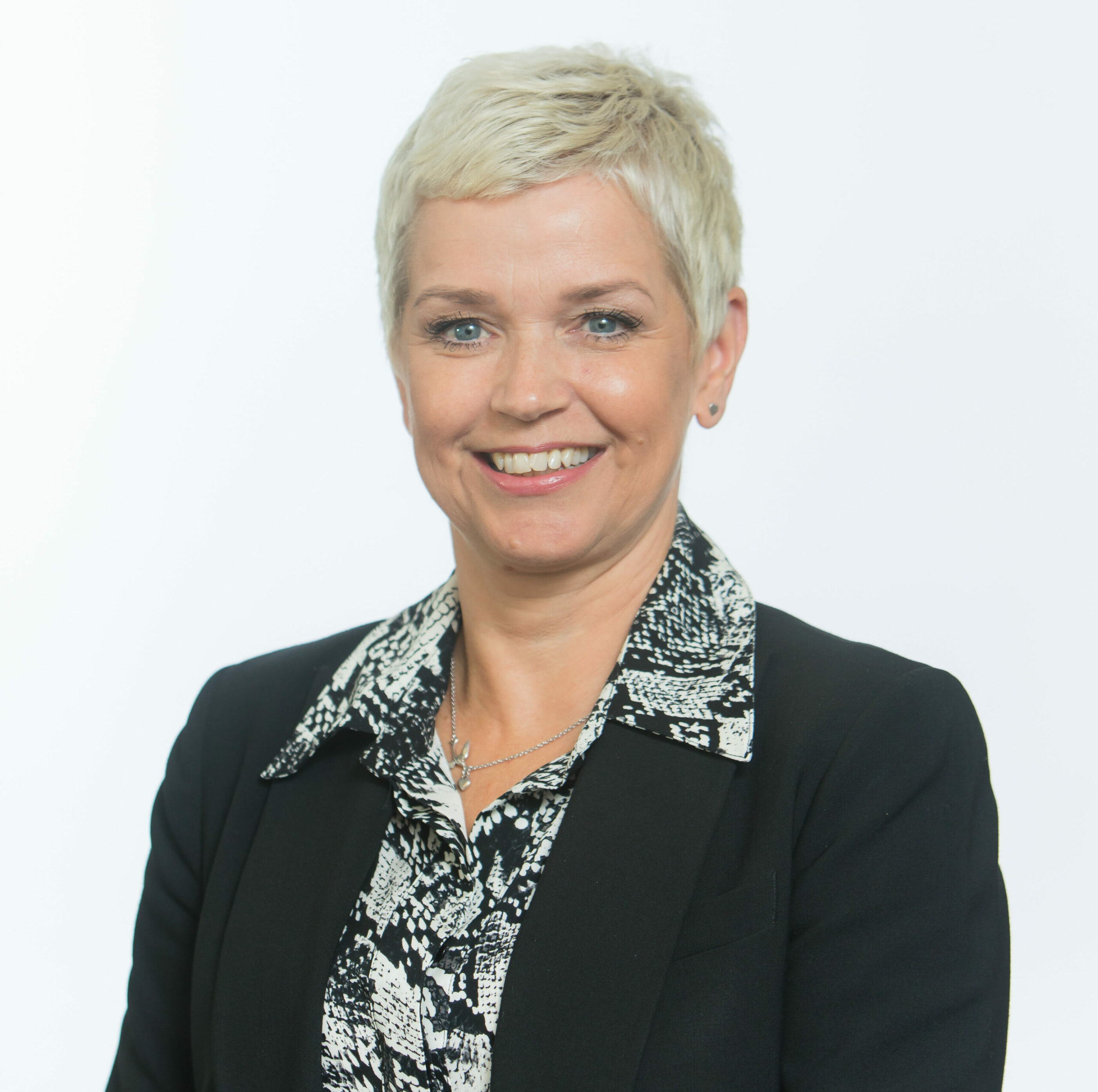
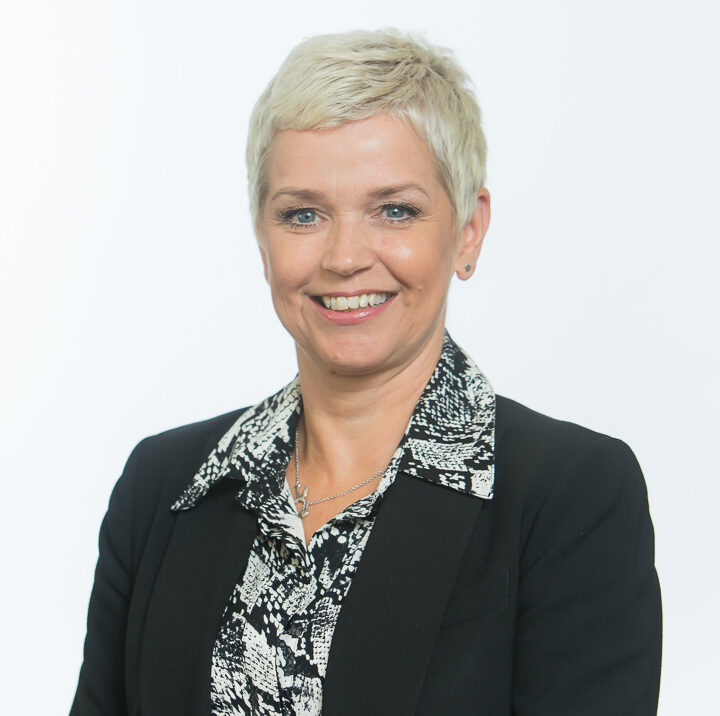
Michelle Kellett
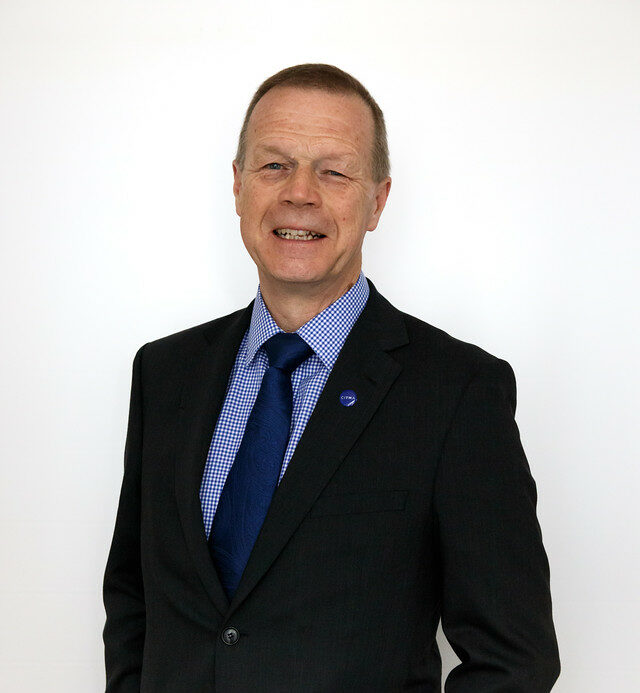
Paul is a fully qualified UK and European Trade Mark Attorney. He is a Chartered Secretary and a Member of the Institute of Trade Mark Attorneys.
Paul joined Bailey Walsh & Co LLP in 1984 after working in industry for several years, and became a partner of the Firm in 1997. Paul holds an Honours degree in Law from The University of Sheffield.
Paul works extensively on trade mark and registered design matters within the firm and has significant experience in the prosecution and enforcement of trade mark rights both in the UK and overseas. He has an impressive repertoire of clients which he has acquired as a result of his excellent reputation, ranging from large multinational companies to assisting in the protection of start-up companies. Paul undertakes extensive licensing work for trade marks, and is well aware of the ability to use trade marks to extend protection for the commercial aspects of a business beyond the expiry of other intellectual property rights and therefore extend the revenue which can be generated.
